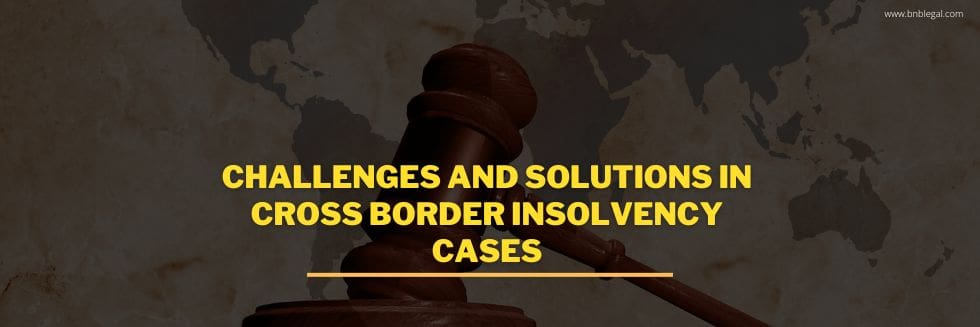The World Health Organization (WHO) is an agency of the United Nations which deals with the international public health. It is the directing and coordinating authority on international health related work. It was established on 7 April 1948, headquartered in Geneva, Switzerland. It is a member of the United Nations Development Group. The current Director-General of WHO is Tedros Adhanom Ghebreyesus. He started his five-year term on 1 July 2017. The logo of the World Health Organization features the Rod of Asclepius as a symbol for healing. The WHO is financed by contributions from member states and outside donors.
Objectives of WHO:
The WHO’s Constitution states that its main objective “is the attainment of highest possible level of health by all people”. Other objectives of WHO:
- To co-ordinate with member states and other stakeholders, to “reduce avoidable loss of life and the burden of disease and disability.”
- To afford protection against any “disease, disability and premature deaths from chronic non-communicable diseases, mental disorders, violence and injuries, and visual impairment”.
- To “reduce morbidityand mortality and improve health during key stages of life, including pregnancy, childbirth, the neonatal period, childhood and adolescence, and improve sexual and reproductive health and promote active and healthy aging for all individuals”.
- The prevention and reduction in health conditions associated with use of tobacco and other psychoactive substances.
- The prevention and reduction in health conditions associated with unhealthy diets and physical inactivity and unsafe sex”.
- To improve nutrition, food safetyand food security and to ensure this has a positive effect on public health and sustainable development.
- To promote road safety as a means to reduce traffic-related injuries.
- To improve access to health research and literature in developing countries
- To oversee the implementation of the International Health Regulations
Priorities of WHO
- communicable diseases,
- Ebola
- malariaand tuberculosis
- sexual and reproductive health
- nutrition
- food securityand healthy eating
- occupational health
- substance abuse
The WHO is responsible for the World Health Report and the worldwide World Health Survey. It also marks the World Health Day (7th April). It also marks other global public health campaigns such as World Tuberculosis Day, World Immunization Week, World Malaria Day, World No Tobacco Day, World Blood Donor Day, World Hepatitis Day, and World AIDS Day
Functions of WHO:
(a) to establish and maintain effective collaboration with the United Nations and its specialized agencies, governmental health administrations, professional groups and such other organizations as may be deemed appropriate
(b) to assist Governments in strengthening their health care sector
(c) to furnish appropriate technical assistance necessary aid to the governments upon their request/acceptance
(d) to provide ( upon the request of the United Nations) health services and facilities to special groups, such as the people of trust territories
(e) to establish and maintain administrative and technical services
(f) to stimulate and advance work to eradicate epidemic, endemic and other such diseases
(g) to promote the prevention of accidental injuries
(h) to promote and assist in the improvement of nutrition, housing, sanitation, recreation, economic or working conditions and other aspects of environmental hygiene
(i) to promote co-operation among scientific and professional groups which contribute to the advancement of health
(j) to propose conventions, agreements and regulations, and make recommendations with respect to international health matters and to perform them accordingly.
Aims of Health policy of WHO:
- “to address the underlying social and economic determinants of health “to provide leadership, strengthen governance and foster partnership and collaboration with countries, the United Nations system, and other stakeholders in order to fulfill the mandate of WHO in advancing the global health agenda”; and
- “to develop and sustain WHO as a flexible, learning organization, enabling it to carry out its mandate more efficiently and effectively”.
Membership
As of 2015, the WHO has 194 member states. Several other countries have been granted observer status.
WHO Member States appoint delegations to the World Health Assembly, WHO’s supreme decision-making body. All UN Member States are eligible for membership of WHO.
Assembly and Executive Board
The World Health Assembly is the legislative and supreme body of WHO. It appoints the Director-General every five years, and votes on matters of policy and finance of WHO, including the proposed budget. It also reviews reports of the Executive Board and decides whether there are areas of work requiring further examination.







